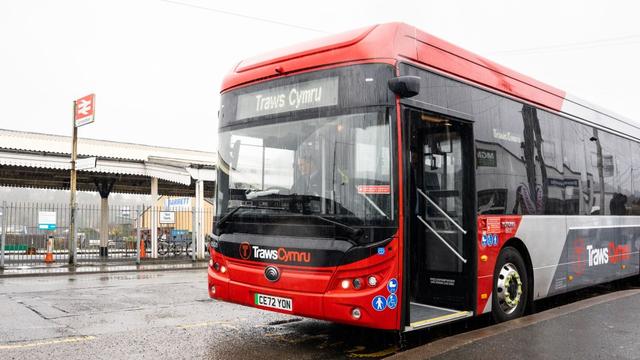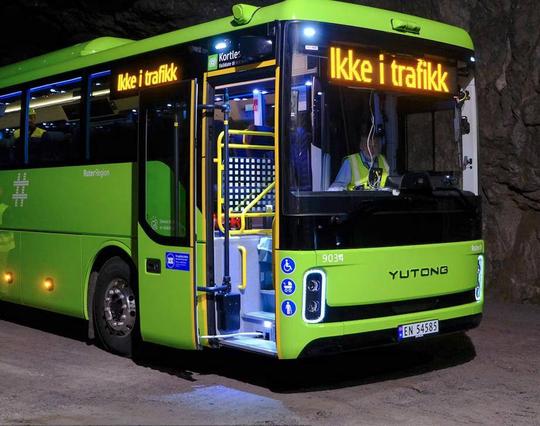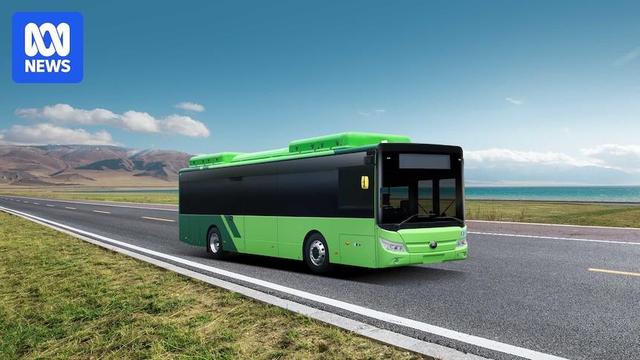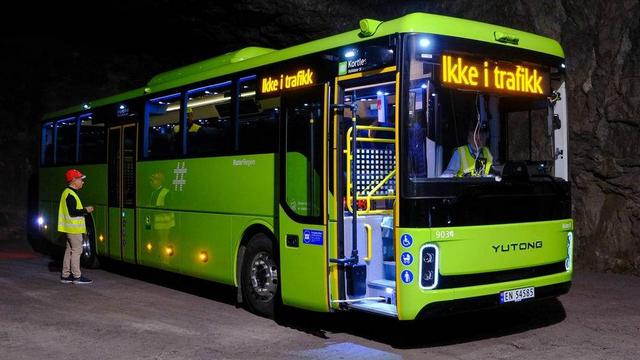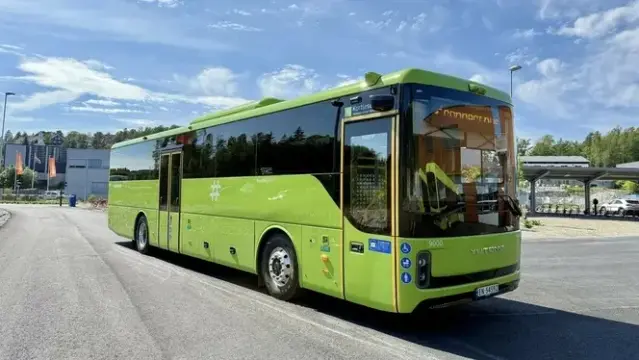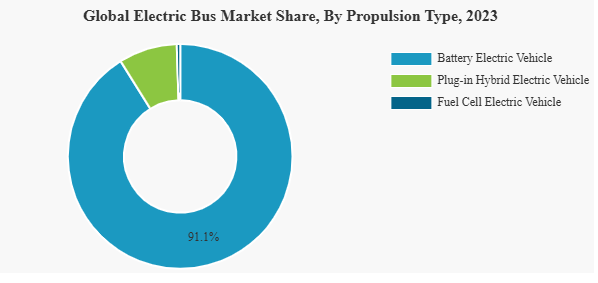Security fears over Carmarthenshire’s Yutong buses as UK launches probe
The UK Government has opened an investigation into potential security risks in Yutong electric buses, following warnings from Norway that the manufacturer could access vehicles remotely. The probe, led by the Department for Transport and the National Cyber Security Centre, is examining whether buses in Britain could be “spontaneously deactivated” from abroad.
Local fleet under scrutiny
More than 2,500 Yutong buses are thought to be operating across the UK, and Carmarthenshire is directly affected. In 2022, the council purchased eight Yutong E12 battery electric buses through Welsh Government funding for the T1 Traws Cymru service between Carmarthen and Aberystwyth. Operated by First Cymru on behalf of the council, the fleet was hailed as a step forward in cutting emissions and modernising public transport.
Now, those same buses form part of the wider investigation. For passengers in Carmarthenshire, the issue is not abstract: these vehicles are the backbone of a key regional route, connecting communities across the county and into Ceredigion.
International concerns spark UK action
The UK probe follows findings in Norway that Yutong buses were capable of receiving over‑the‑air software updates directly from the manufacturer. Officials there warned:
“The Chinese bus from Yutong has the capability for autonomous software updates (Over The Air). This means that the manufacturer has direct digital access to each individual bus for software updates and diagnostics. There is access to the control system for battery and power.”
Security experts went further, warning that “the manufacturer could spontaneously deactivate the buses from China in a major act close to war.”
Denmark and the Netherlands have since raised similar concerns, prompting Britain to act. A UK Government source confirmed that the Department for Transport is “working closely with the National Cyber Security Centre to get to the bottom of concerns first raised in Norway and subsequently by Denmark.”
What it means for Wales
The investigation highlights a broader challenge for public transport. Electric buses are increasingly reliant on complex software systems, and when those systems are controlled by overseas manufacturers, questions of national security inevitably arise. Public transport is considered part of critical infrastructure, meaning any vulnerability could have far‑reaching consequences.
For Carmarthenshire, the outcome of the UK Government’s probe will determine whether additional safeguards are required for its pioneering electric fleet. It may also shape future procurement decisions, as councils and operators weigh the benefits of cutting‑edge technology against the risks of dependence on foreign suppliers.
#Aberystwyth #Carmarthen #CarmarthenshireCouncil #China #cyberSecurity #DepartmentForTransport #FirstCymru #NationalCyberSecurityCentre #security #T1 #TransportForWales #UKGovernment #Yutong #YutongE12Bus
